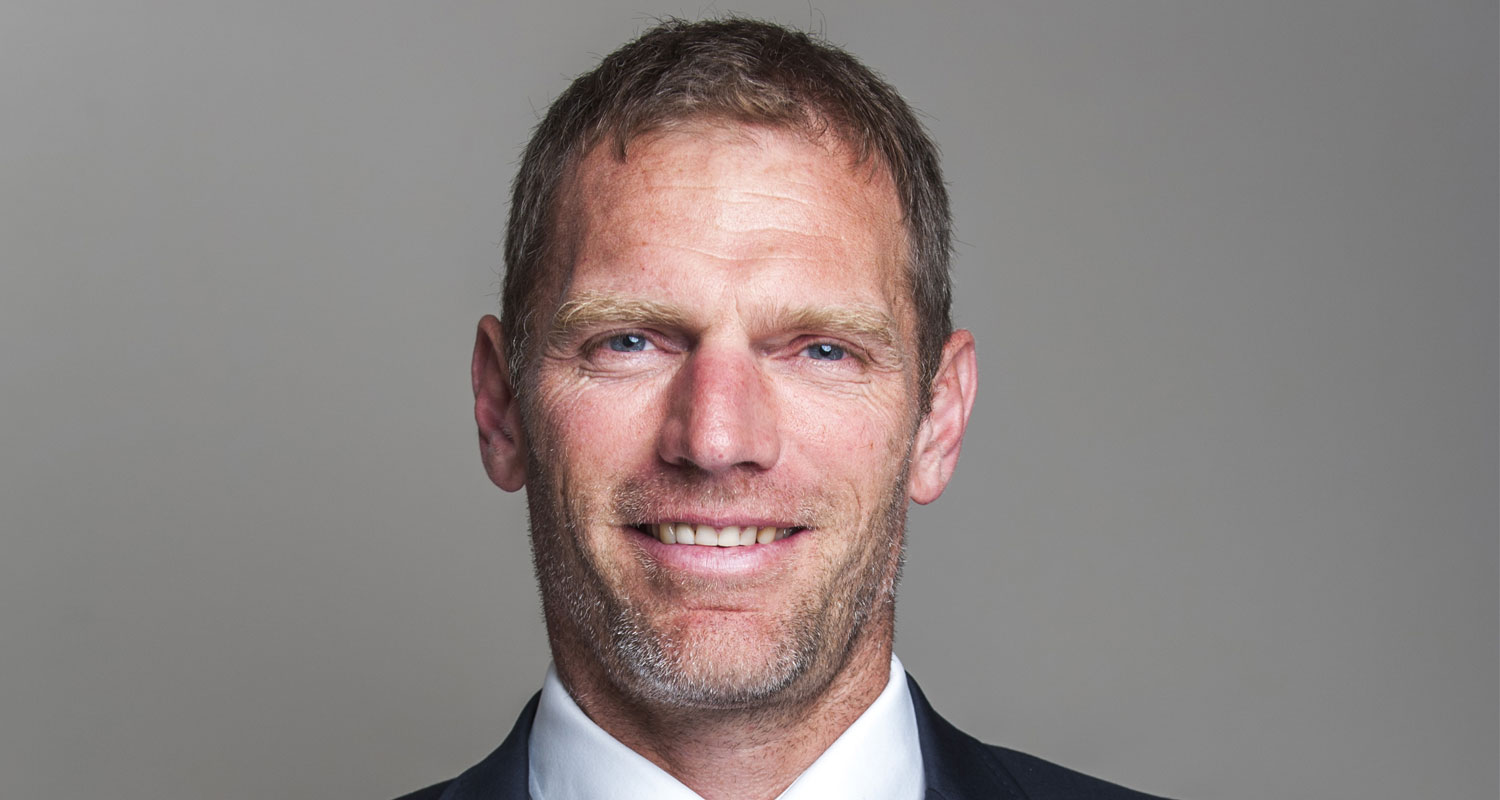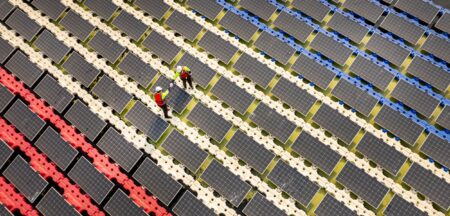
A new electricity pricing methodology, proposed by energy regulator Nersa last September, has led to a significant backlash from the public and various energy industry stakeholders – and for good reason.
The concern stems from the fact that the proposed change in electricity tariffs could see solar power users paying up to 10 times more for the electricity they use from the national grid.
Even Eskom has slammed the regulator’s proposed pricing methodology.
Nersa believes that businesses and households that make use of solar generation throughout the day should pay a much higher tariff for electricity because of their fluctuating energy usage patterns.
While it is true that our country needs solutions that can help us achieve a better balance between embedded renewable energy and traditional coal generation, Nersa’s suggestion will do more harm than good. The new pricing methodology not only unfairly punishes consumers and businesses that want to reduce their reliance on the national grid but will also dissuade others from attempting to reduce their energy footprint in the future.
Although there is merit in the principal issue that Nersa is trying to address, its proposal to categorise users based on their load profile is impractical and inconsistent with international trends. The industry disruption caused by renewable energy generation is not unique to South Africa.
The new pricing methodology not only unfairly punishes consumers and businesses that want to reduce their reliance on the national grid
Renewable energy, and particularly embedded generation (renewable power generated onsite), is an international trend. Many countries are also looking for ways to balance this new model of self-generation with centralised grid tariff structures, for the benefit of everyone. It is important to remember that even Eskom is very much in favour of solar energy adoption. And even though embedded generation exposes the utility to additional operational cost increases in the short-term, the energy sector as a whole is working to find workable long-term solutions.
Furthermore, the Nersa proposal flies in the face of President Cyril Ramaphosa’s recent state of the nation address in which he outlined the need for a competitive market for electricity generation and the establishment of an independent state-owned transmission company. This shows us that government is also taking the notion of a fair and balanced energy sector seriously and is actively working towards getting there.
The Nersa proposal is doomed from the start and should not be entertained. More immediate action must be taken to come to a balanced solution that is equitable for all and aligned with global trends. This can only be achieved through close collaboration between the renewable industry and government.
- Manie de Waal is joint CEO of Energy Partners




